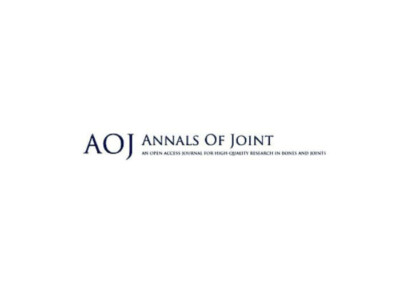
Authors:
Rafat H. Solaiman, Jack Dirnberger, Nicholas I. Kennedy, Nicholas N. DePhillipo, Adam J. Tagliero, Konrad Malinowski, Sigbjorn Dimmen, Robert F. LaPrade
Abstract:
Background: Nonsteroidal anti-inflammatory drugs (NSAIDs) are commonly used to mitigate pain and inflammation associated with musculoskeletal conditions; however, there is conflicting data on the adverse effects of these drugs on tissue and bone healing. The objective of this study was to investigate the effect of NSAIDs on the healing of knee, soft tissue, and bone.
Methods: A systematic literature search was conducted across PubMed/MEDLINE, Excerpta Medical Database (Embase)/Ovid, and the Cochrane Central Register of Controlled Trials databases. Clinical, animal, and in vitro studies on the effect of NSAIDs on knee healing were included. Risk of bias assessment was performed using the Cochrane bias assessment tool and Methodological Index for Non-Randomized Studies scoring system for included clinical studies, and the Systematic Review Center for Laboratory Animal Experimentation assessment tool for all included animal studies. General study population characteristics, interventions used, NSAIDs utilized, outcome measures, and study results were analyzed using descriptive statistics.
Results: Fifteen articles met the inclusion criteria. Of the 15 studies, there were three clinical, ten animal, and two in vitro studies. In clinical studies, nonselective cyclooxygenase (COX) inhibitors and selective COX-2 inhibitors did not cause a significant increase in failure of anterior cruciate ligament (ACL) reconstructions or meniscal repairs with NSAID administration pre-, peri-, or post-operatively in comparison to placebo or no NSAID administration. Among animal studies assessing COX-2 inhibitor effects on soft tissue, healing was impaired (2/4), delayed but unaffected (1/4), or unaffected (1/4). In animal studies assessing COX-1 inhibitors, ligament healing was either increased (1/4), unaffected (2/4), or impaired (1/4). Meanwhile, administration of non-selective COX inhibitors in animals did not affect soft tissue (3/3) and cartilage (1/1) healing. Two in vitro studies identified a negative outcome on patellar tendon and ACL cell proliferation or viability after non-selective COX inhibition and variable results after selective COX-2 inhibition.
Conclusions: Animal studies on postoperative NSAID use after knee surgery suggest that administration of selective and nonselective COX-2 inhibitors may impair healing of soft tissue, bone and tendon-to-bone; however, further clinical studies are needed to better characterize dose and duration dependent risks of NSAIDs.
You can download the study as a member here:
